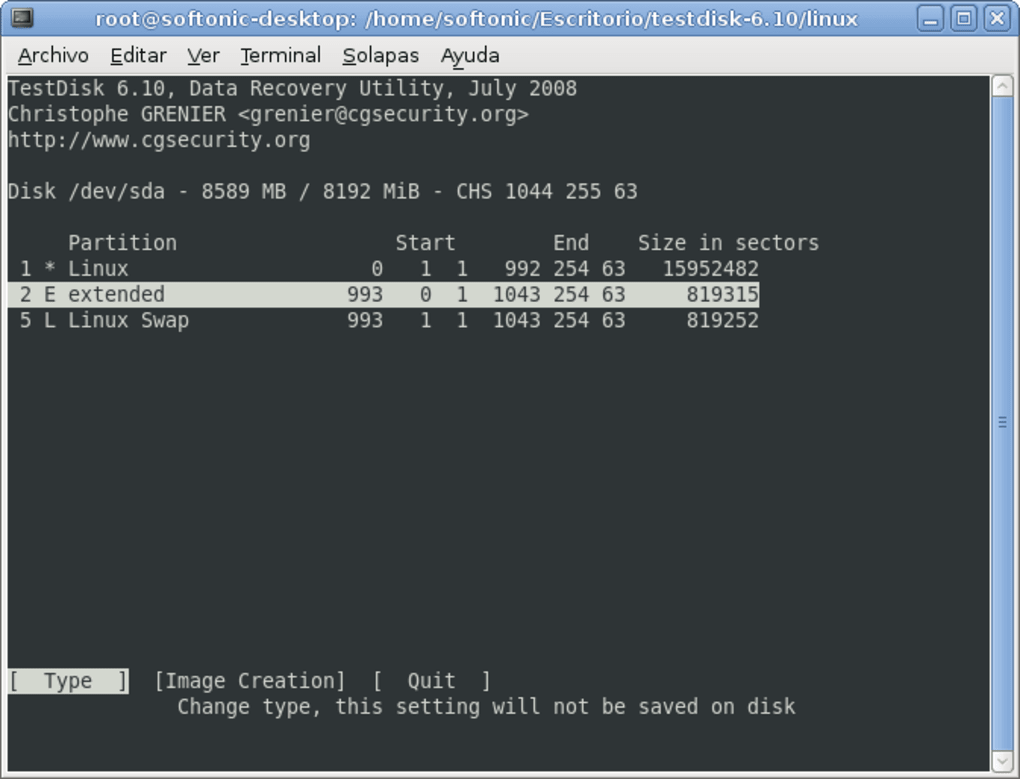
How To Recover Deleted Files Using lsof?Īfter finding and removing open files that have been deleted, we will recover them now by lsof. Stat: cannot stat `myfile': No such file or directoryĪt this point, you should not authorize the process of continuing to use the file to exit, as doing so will result in the file being lost forever.

Once you've obtained that information from lsof, copy the data from /proc. To determine where to go, obtain the process id and file descriptor of the process that has the file open by using lsof. Even if a file has been deleted from the filesystem, a copy of the data is still present: Every process on the system has its directory with its name, which contains many things, including an fd (file descriptor) subdirectory with links to all files the process has open.

The/proc directory will come into play in the Linux process pseudo-filesystem. Only after they've finished, and all links have been removed is an inode and the data blocks it pointed to made available for writing.Įven if the file seems to disappear in the directory listing, the data is elsewhere if a process still has it open. When you rm a file, you remove the link to its inode but not the inode itself other processes may still use it. A Linux file is a link to an inode, consisting of all of the file's properties of the data blocks on the disk that comprise the file's content. How To Find and Remove Files That Are Open But Have Been Deleted With lsof? Lists process IDs that have accessed a specific file Shows all files used by network connectionsįilters open files based on connection type (TCP or UDP)įinds processes running on a specified portįinds processes running on a range of ports Shows open files used by all other process IDs

Lists all files used by a particular processĭisplays all open files linked to a specific process ID Prints open files owned by all users except a specific one Prints open files owned by a particular user Displays open files in a specified file system


 0 kommentar(er)
0 kommentar(er)
